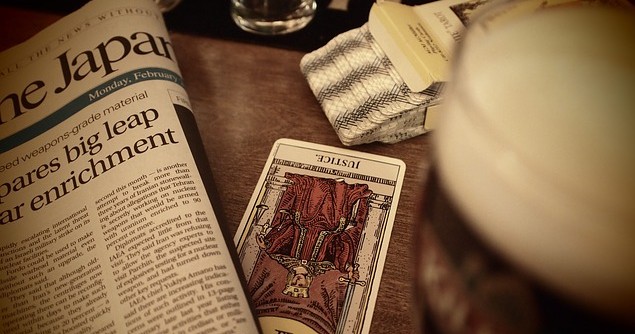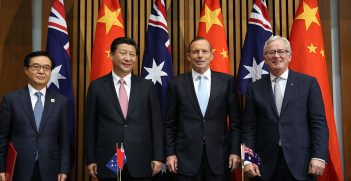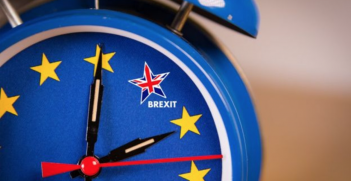Predicting International Affairs

Given that predictions about grand scale events have mostly proved inaccurate, international relations theorists have attempted to distance the discipline from prophesying. Despite the poor track record, Charles Miller argues that improving our ability to forecast is a better alternative.
Attempts to predict the most important events in international affairs haven’t tended to work out terribly well. Most analysts failed to foresee the major formative events of the past 30 years – the fall of the Soviet Union, 9/11, the Global Financial Crisis and the Arab Spring. This poor record makes it tempting to agree with the many thinkers, such as Naseem Nicholas Taleb, who decry the attempt to forecast some of the most important political and social challenges policymakers may face.
Besides the poor predictive record of past forecasters, there are plenty of other good reasons to doubt the feasibility of prediction in international affairs. The first is that many of the events that policymakers care most about—wars, coups, economic crises and major terrorist incidents—are relatively rare and considerably difficult to forecast statistically. The second is that international politics and economics are complex systems in which small random changes can have disproportionately large effects. The third is that human beings have an innate tendency to read design into patterns, which are essentially random. The fourth and perhaps the most important problem is that political and economic outcomes are also the result of conscious decisions by strategic actors anticipating and reacting to each other’s likely behaviour. Consequently, an entirely valid prediction may never come true precisely because individuals do anticipate it and adapt their behaviour accordingly.
In spite of all this, I argue that there is no better alternative than to try and improve our ability to predict. Simply noting the above difficulties and forswearing predictions altogether is not a logically coherent or practically feasible solution. One could use unforeseeable consequences as an argument against literally any course of action a policymaker might choose to take; including doing nothing. A more coherent alternative of hedging against the possible worst case scenario ,known as ‘minimizing the maximum losses’, is unfeasible when taken to its logical conclusion. This principle could be used to justify Australia’s acquiring nuclear weapons and transforming itself into a siege economy purely on the off chance that one of its neighbours might one day want to invade, even if this is highly unlikely to occur.
Consequently, I argue that while being humble and realistic about our ability to predict important international events, we need not only to keep trying, but in fact, to step up our efforts. Failed predictions may make supposed experts look foolish—but they can point out gaps in our understanding and eventually lead to better predictions flourishing through a process of natural selection. Encouraging experts to make checkable public predictions about their area of expertise—while having enormous potential to cause embarrassment to the individual expert—could also have enormous social benefits. Work in the United States through the Good Judgment Project is already doing this. It would be greatly beneficial if Australian experts could be encouraged to do so for events most directly relevant to Australia’s own region.
Of course, all of this could be for naught if prediction is genuinely impossible. However, recent hopeful evidence suggests that through the use of models, which more accurately reflect reality, social scientists have been able to improve their previously dismal forecasting record. Teams such as the Political Instability Task Force, for instance, have been able to predict events such as state failures with a good degree of accuracy. This suggests that we may be on the verge of an important breakthrough in our ability to forecast important events of interest.
Charles Miller is a lecturer at the Australian National University.





